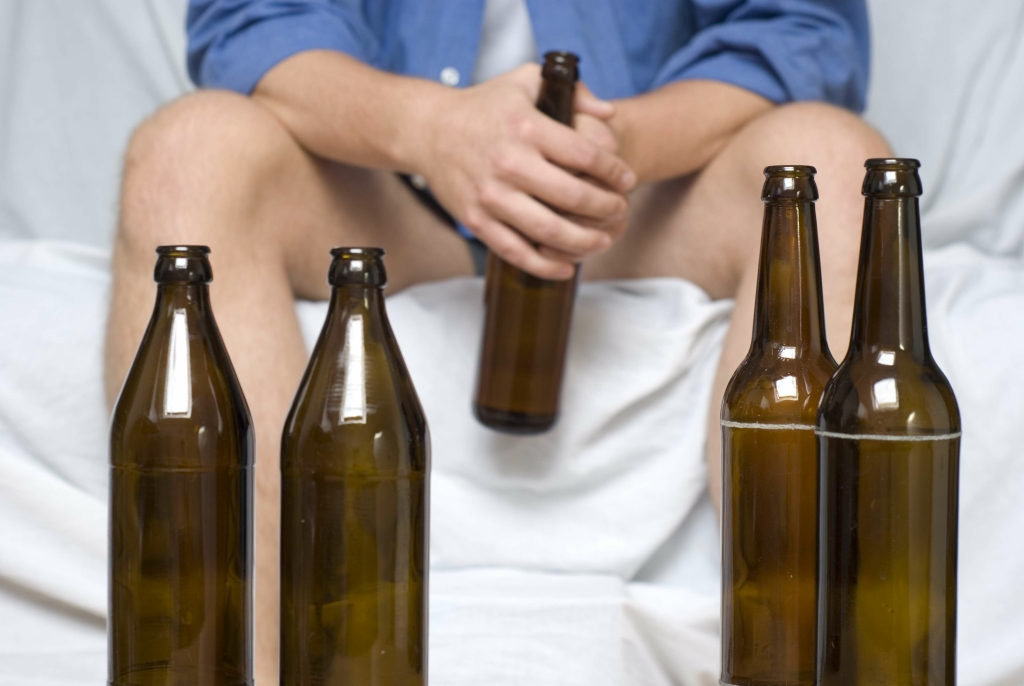It frees up mental and emotional energy that can be redirected towards seeking support, developing healthier coping mechanisms, and making positive changes in their lives. The first step is accepting that you are powerless over alcohol and that your life has become unmanageable. This admission is crucial for seeking help and beginning the journey to recovery. The admission of powerlessness is not a sign of weakness or a lack of willpower. Instead, it is a courageous step toward accepting the reality of the disease and the need for professional help. It is important to understand that powerlessness does not imply a lack of power in all areas of life.
Step 1: Powerlessness and Accountability
It empowers individuals to confront their addiction, embrace their vulnerabilities, and embark on a journey of healing and renewal. This step serves as a beacon of hope for those struggling with addiction, reminding them that they are not alone and that a network of individuals stands ready to support and uplift one another. Step powerless over alcohol One might seem daunting, but it’s also the step where hope begins to emerge.
Addictions Counselor
The phenomenon of craving is central to understanding why addiction is more than just a bad habit—it’s a disease. As explained in the Big Book of Alcoholics Anonymous, this physical allergy makes it impossible for us to use alcohol or drugs in moderation. drug addiction Once we take the first drink or drug, a chemical reaction triggers an uncontrollable desire for more. This reaction is unique to those of us struggling with substance use disorders, setting us apart from people who can casually use without consequence.
Manifestations of Powerlessness
- Research indicates that a few psychotherapy treatments can improve the symptoms of alcohol use disorder, including the observed lack of control over how much or how often a person uses alcohol.
- The impact of drugs and alcohol on your body over time renders your natural brain functions and mechanisms powerless.
- Drawing from both clinical training and her own lived experience with substance use and mental health challenges, Sandy brings a deep level of empathy, authenticity, and insight to her work.
- This story reveals the insanity of addiction and how it hijacks our ability to make rational decisions.
This understanding serves as a gateway to freedom and a proclamation of progress, as individuals move from a lack of awareness to an acceptance of their powerlessness and the need for change. For those battling alcoholism, accepting powerlessness is a crucial step in the recovery process. It involves acknowledging that alcohol has made their lives unmanageable and that they cannot overcome the addiction through willpower alone. This realization can be liberating, as it shifts the focus to aspects of life that are within their control.
- Practicing the 1st Step of AA requires daily commitment and tools to stay grounded in the reality of our powerlessness over addiction.
- Rather than pushing you to believe in spiritual power, Step 1 of AA gets you to the point where you trust in the possibility of recovery.
- Someone suffering from this disease did not make a choice to go too far and lose control, and they are not inherently lacking in values or good character.
- Some people mistakenly view the 1st Step as a sign of being weak-willed or failing to overcome addiction through sheer determination.
- It applies both to our inability to abstain from using a substance or engaging in certain behavior as well as limiting its quantity.
The 1st Step Experience: A Turning Point

Keep reading if you’re looking to get the most out of your Alcoholics Anonymous experience and make breakthroughs in your battle with substance abuse. Individuals who are suffering from alcoholism often find themselves prioritizing drinking over important responsibilities and activities, and their lives can become consumed by the need to drink. The emotional and psychological toll includes feelings of shame, guilt, and helplessness, which can worsen existing mental health issues like depression and anxiety.
It describes addiction as a disease, characterized by the phenomenon of craving and the mental obsession that make abstinence nearly impossible without a spiritual solution. These teachings help us understand why willpower alone is insufficient and why surrender is the first step toward recovery. Powerlessness is often mistaken for weakness, but this is actually a step of strength.

At Enlightened Recovery, we offer a holistic, 12-step inspired, clinically proven program for alcoholism and co-occurring disorders. This dilemma represents a significant public health challenge, as it often goes unnoticed or ignored due to social stigma, denial, or lack of awareness. Individuals struggling with alcoholism may not seek help due to feelings of shame, fear of judgment, or a belief that they can manage their drinking on their own. “We admitted we were powerless over alcohol (or our addiction) – that our lives had become unmanageable.” Mindfulness and meditation are powerful practices that can assist individuals in developing awareness and acceptance of their powerlessness.
- As an independent writer, editor, and reviewer she has authored hundreds of articles on medical topics from A through Z, bridging the gap between “medicalese” and plain language for the lay public.
- Erin is grateful to be a part of the dedicated, caring and compassionate Freedom Center Team.
- Embracing powerlessness is a transformative process that enables individuals to find freedom and inner peace while building a solid foundation for lasting sobriety.
- In this article, we’ll explain the language in greater detail and in simpler terms.
- No matter how hopeless you may feel, there is always hope for a better tomorrow.
So What Is the First Step Asking For?

Coming to terms with powerlessness can be one of the most challenging aspects of Step One. It’s not easy to admit that something as seemingly controllable as substance use or addictive behavior has taken control of your life. However, understanding powerlessness is the key to breaking free from the cycle of addiction. In essence, in Step One you’re making a conscious choice to recognize out loud you have a problematic relationship with substances. Step one asks you to identify out loud that you have continued to use substances despite this use impacting your life and or the lives of others negatively.
However, if someone is drinking, experiencing consequence after consequence and does not or cannot stop, then this is an unmanageable life. Everyone makes mistakes, but they usually learn from them and make better choices moving forward. Someone who seeks help for addiction is either someone who is court-ordered to, or someone who is not able to manage their drinking, and ultimately their life. It wasn’t long before I convinced myself I could just drink and smoke a little weed because I wasn’t like all of the other addicts and alcoholics around me. We all suffer from the same powerlessness over mood and mind-altering substances, people, places, and things.


